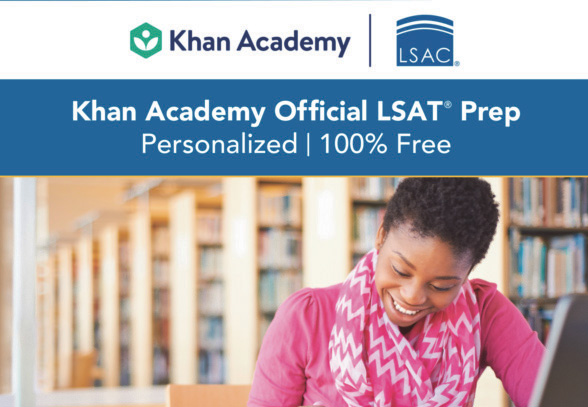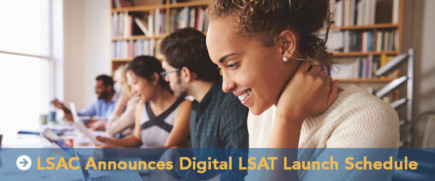
LSAC Newsletter Page 2
Skills Analysis Survey Launched
Academic deans and faculty teaching first-year and required courses at all member law schools have been invited to participate in an important survey that is part of our routine (but critical) process of aligning the questions on the LSAT with the skills law faculty deem most important for success in law school. The response rate thus far has been extremely high, and we look forward to sharing the results with the legal education community and the legal profession at large in the very near future.
Known in the field of assessment as a “content validity study,” it captures any changes law schools may be making in their expectations for skills students need to have at admission to succeed in law school. The point of this study is not to ask about all skills a student needs to graduate, become licensed, and then thrive in the legal profession. The three years of legal education should add significantly to the development of the student’s knowledge, skills, and values and, of course, experience and continuing education add still more. Rather, these are the building blocks that need to be there at the start of law school for a student to have a fair opportunity to succeed.
Responders are asked to indicate the skills required for a student to succeed in their courses. The sum total of these responses then guides the development of the LSAT’s content so that it provides a fair assessment for the benefit of the applicant and the school. The LSAT is the only admission test designed and validated for legal education and this is an important part of that process. The survey questions were designed by assessment experts and reviewed by an advisory board consisting of law faculty experienced in the fields of legal education pedagogy, curricular reform, academic support, and bar preparation.
Expanded Testing
LSAC continues to expand the frequency of LSAT administrations so that candidates can take the exam in the months they prefer. While we had initially planned an every-other-month schedule, we have moved aggressively to add an additional three months to that schedule for the 2019–2020 testing year. We will continue to survey candidates as to their preferences and will respond accordingly to maximize access.

Free LSAT Prep with Khan Academy Exceeding Usage Expectations
LSAC launched Official LSAT Prep with Khan Academy on June 1, 2018. Post-LSAT questionnaires sent to June, July, and September test takers showed that nearly one-third of respondents reported using Khan Academy to prepare for the test. Significantly, 43% of the Black/African American respondents reported using this free, online prep program to prepare for the September LSAT, compared to 31.3% of Hispanic/Latino respondents, and 32% of the total population of respondents. These results certainly lend support to our belief that free, high quality LSAT prep helps even the playing field for candidates from underrepresented groups.
Digital LSAT Launch
On October 3, LSAC announced that the LSAT will begin its transition to a digital format with the July 2019 test, and the test will be fully digital in North America starting in September 2019. Field test results have been very positive, with candidates finding the Digital LSAT easy to use. Other advantages of the new format will be faster score reporting, enhanced accessibility (built on universal design principles), and increased data analytics. LSAC will have further announcements later in November about this exciting development.

